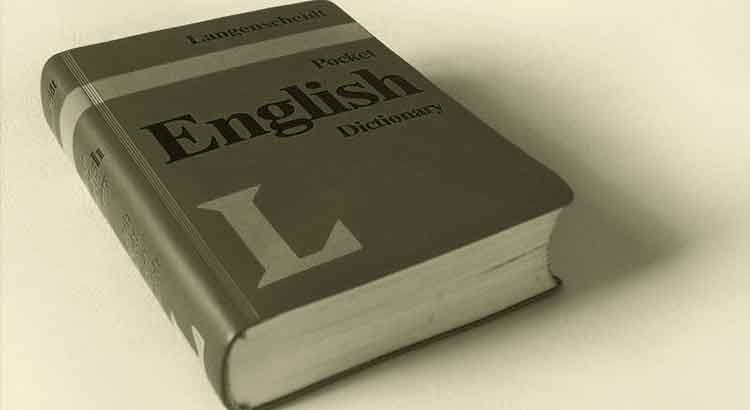There is no doubt that the simultaneous movement by the intelligentsia towards the English language and away from Latin and French was and has been deleterious to the Portuguese language. The fact is obvious and it happened less by choice than by necessity. However, today it is possible to see how much was lost. If we reflect on the vehement condemnation made by grammarians of yesteryear regarding the Gallicisms that invaded the Portuguese language, we get the false impression that French was contaminating the vernacular, when, in fact, it had a mostly enriching effect, as can be seen in perhaps the greatest prose writers of the language: Eça, Camilo and Machado. The French influence, then, now non-existent, did more to confer beauty to the Portuguese discourse. As for Latin, driven out of schools and universities, the lament is even greater. There is no need to list what the Portuguese speaker loses by giving up the study of Latin, since many have already done so uselessly, such as Napoleão Mendes de Almeida. The fact is that the average intellectual today is formed with not only vernacular but also cognitive deficiencies: he reasons worse due to difficulty in articulating reasoning, due to an inability to order discourse—something that could be prevented by studying Latin. And if we turn to the aesthetic loss, so considering that English is the substitute for Latin, the situation is even more pitiable. What to do?
There Is No Doubt That It Was and Has Been Deleterious…
